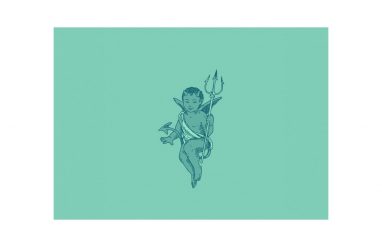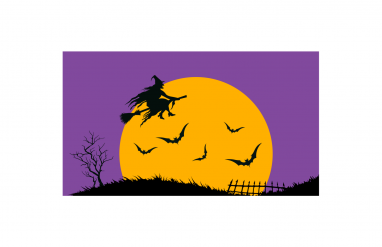⚡ Quick summary
The verb wander (pronounced [ won-der ]) typically means “to roam” or “to meander.” The word wonder (pronounced [ wuhn-der ]) is typically used as a verb to mean “to think curiously,” “to be amazed,” or “to doubt.” As a noun, it’s used to mean “something strange and surprising,” “a miraculous deed or event,” or “the emotion excited by what is strange and surprising.”
The words wander and wonder look very similar, but they have very different meanings and uses.
In this article, we will define wander and wonder, explain how we use them differently, and provide example sentences that show how we typically use them in sentences.
wonder vs. wander
The word wonder (pronounced [ wuhn-der ]) is used as a verb and a noun. As a verb, it typically means “to think curiously,” “to be amazed,” or “to doubt.”
For example:
- I wonder what will happen at the party this weekend.
- They wondered at the amazing acrobatics of the circus performers.
- I wonder if Oscar can really speak Spanish like he claims.
Wonder is also used as a noun to mean “something strange and surprising,” “a miraculous deed or event,” or “the emotion excited by what is strange and surprising.”
For example:
- The collection was filled with wonders from around the world.
- The magician was able to perform such wonders as turning dirt into gold.
- We were filled with wonder as we watched the firework show.
The word wander (pronounced [ won-der ]) is typically used as a verb to mean “to move about without a set path, to roam,” “to follow a circuitous route, to meander,” and “to take a direction without conscious intent, as with thoughts,” as well as several other similar meanings.
For example:
- She wandered through the woods for a while before she found a lake.
- The story started out good, but then it wandered off into a confusing mess.
- He was so bored that his mind began to wander into thoughts of lunch.
It is possible to use the word wander as a noun, but this usage is rare. Instead, the noun sense of wandering is much more likely to be used. By contrast, both the noun and verb sense of wonder are commonly used.
Examples of wander and wonder in a sentence
Let’s amble into some amazing sentences that show how we typically use wander and wonder.
- They got lost on the way to the pool and wandered into the sauna.
- As a kid, I always wondered about how different machines worked.
- The president wandered off on a tangent about pizza before getting back to his speech.
- The wizard’s tower was full of magical wonders, including a flying carpet.
- We were full of wonder as we wandered through the science museum.











